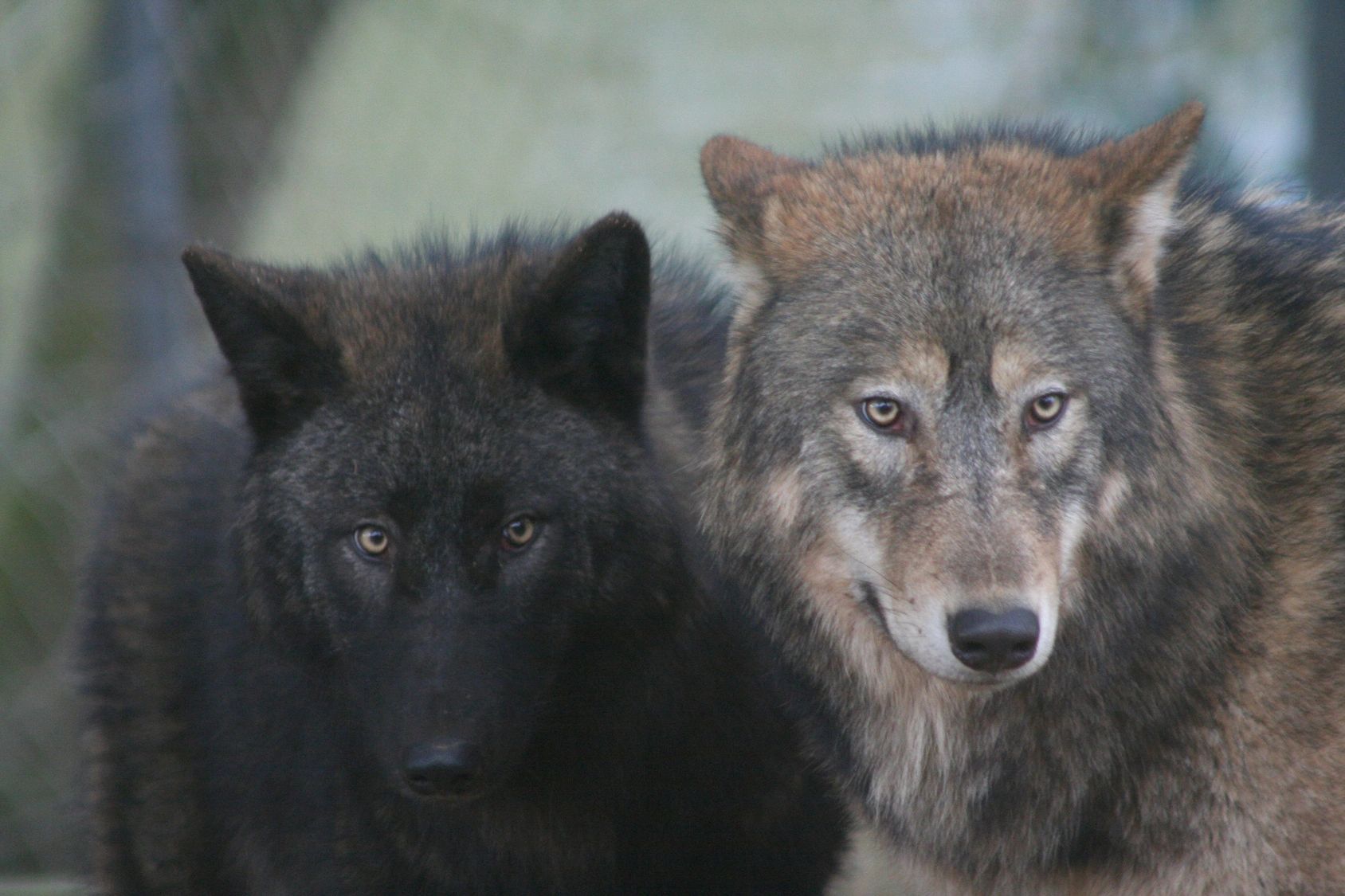Arizona is in the middle of a rabies surge among wildlife, particularly in the southern regions of the state.
There has been a significant uptick in rabies cases among wildlife, mostly among skunks, foxes, and bats (the usual cast of characters).
Pima County has reported 36 confirmed rabies wildlife cases so far this year, accounting for nearly half of Arizona’s total cases. The majority of these cases involve bats, but also a mountain lion.
Pinal has had multiple rabies advisories following positive tests in gray foxes, skunks, and a bobcat. Santa Cruz County has 10 confirmed cases, while Cochise County has had 8. The presence of healthy populations of common rabies carriers, such as foxes and skunks, in these areas may contribute to the higher number of cases.
Rabies cases among wildlife are usually found because someone – either a member of the general public or fish and game or state or federal parks staff meet an animal that’s acting outside the normal behavior for the species.
Bats are consistently the most common source of rabies exposure to humans in Arizona… and each year about 30 people are exposed to rabid animals (usually bats).
They euthanize the animal, and the brain is tested by staff at the ADHS state laboratory (all the lab staff that do this work are vaccinated against rabies virus).
Wildlife cases are seldom found because they bite a human – but it does happen. If wildlife does bite and behavior is weird it’s important to be able to find the animal so it can be tested. If the animal can’t be found then the general approach is to do a risk assessment to figure out whether it’s a higher risk exposure to decide whether post exposure prophylaxis is called for.
Manual for Rabies Control and Animal Bite Management
Keep in mind that rabies is 100% fatal if post exposure prophylaxis isn’t started on time. Once symptoms appear – it’s too late.
The main things to remember are not to mess with bats – dead or alive – and make sure your kids know that too. Never approach or handle wild animals, especially those with weird behavior, such as aggression or lack of fear of humans. If you meet a sick or dying wild animal, contact the Arizona Game and Fish Department at 623-236-7201.
The cost of the treatment (immunoglobulin and vaccine) is around $10K – so health insurance plans usually like to see the risk assessment before they agree to pay for the prophy.
If I could give one piece of advice it’s to make sure your kids and grandkids know not to mess with bats.
When I was a kid, I found a bat at Mt. Lemmon and brought it to school in a shoe box for show and tell. Nothing happened to me, but it could have. My parents don’t remember whether they brought the bat in for testing or not.

